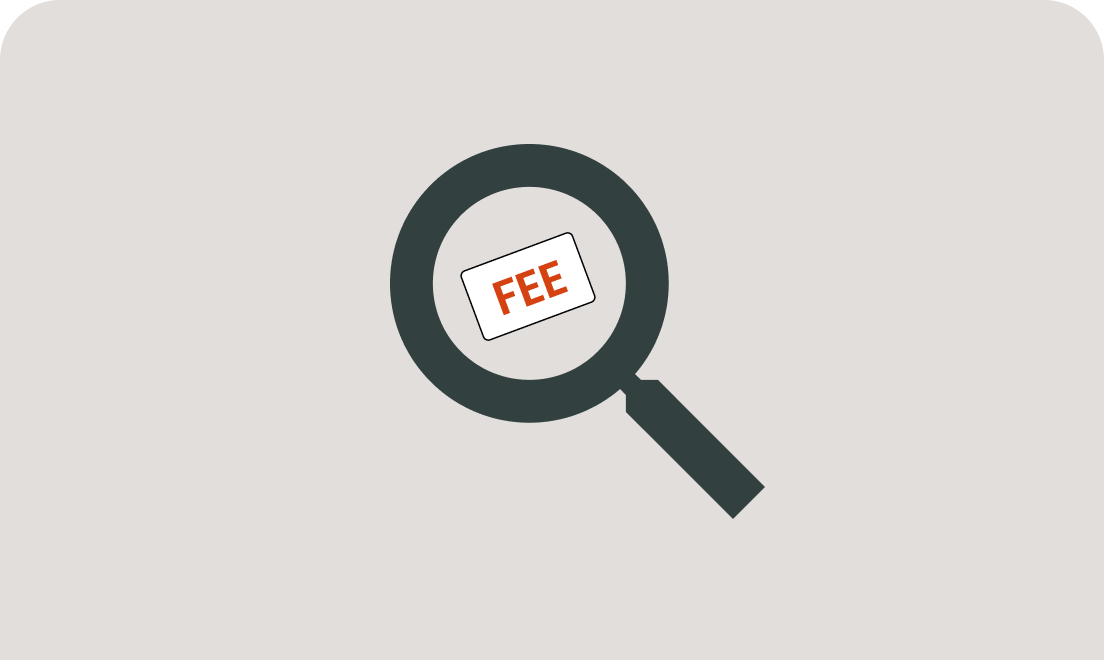Blog
What are interchange fees?
February 2, 2023
Editorial Team

If you run a business that handles credit card payments, you have probably heard of interchange fees. But what specifically are they? Why do they exist? How much are they costing your business? And can you avoid them? In this blog post, we answer these questions and more to help you make informed decisions.
For the uninitiated, businesses must pay interchange fees for credit and debit card transactions. Interchange fees are one portion of credit card processing fees. An interchange fee is a component of the total cost that service providers charge for handling these transactions.
Why do interchange fees exist?
Interchange fees, also known as “swipe fees,” “interchange reimbursement fees,” and colloquially as “credit card fees,” are intended to pay for the expenses related to accepting, processing, and approving credit and debit card transactions. These expenses cover handling costs, fraud, the costs of bad debts, and the risk involved in approving the payments.
On the bank side: all issuing banks expose themselves to risks when they give credit cards to consumers; however, they offset those risks by charging the merchants that accept their cards—hence the interchange fee.
Interchange fees are an incredible source of revenue for companies that embed payment tools. This profit can feed into a company's bottom line or fund payment networks that the cards run on, like Visa or Mastercard, for example. According to a report by the Federal Reserve, in 2019, interchange fees across all debit cards and general-use prepaid cards totaled $24.31 billion, an increase of 7.4 percent since 2018, with the majority of those profits going to the big four card networks: Visa, Mastercard, American Express, and Discover.
How much are interchange fees, and who controls them?
According to NerdWallet, the average interchange fee in the US is between 1.5 percent and 3.5 percent of every total transaction. (That doesn’t include other fees as part of the transaction. Merchants can end up paying up to 4.35% to accept credit card payments). Interchange fees may impact the prices merchants set for items. In some cases, it can even determine if merchants accept certain cards.
Interchange rates are set by the payment networks that credit cards run on, including Visa, Mastercard, American Express, and Discover. They vary across networks.
Rates vary depending on many factors, including:
Type of purchase
Where you make the purchase
The type of merchant
The bank issues the card
Which specific card you're using (rewards or otherwise)
How do interchange fees work?
Many things need to happen quickly when a consumer uses a debit or credit card as a payment method. These include requesting and receiving authorization, checking for fraud, and processing the payment. Interchange fees cover all of these duties behind the scenes.
Interchange fees are typically a percentage of the total charge in a credit or debit card transaction. It’s split between the bank or credit card company that issues the card used to make the purchase and the credit card processing provider.
They can also be a flat fee, depending on fee structures. However, some fee structures charge per transaction on top of an interchange fee, which can get costly!
How do interchange fees affect cardholders?
Merchants, not cardholders, pay interchange fees, but consumers may certainly be affected. For instance, a merchant may decide to include the price of those fees in the pricing of its products, thus passing it along to customers. According to CNN, retailers claim that the added fees will force them to raise consumer prices or stop accepting certain credit cards altogether.
Certain businesses, especially those that sell lower-priced goods, may require customers to make a minimum purchase to use a credit card. Additionally, some businesses have prohibited the usage of specific credit cards because they feel the interchange fees they must pay to accept them could become excessive.
Interchange fees have come under scrutiny by merchants and consumers alike. Higher interchange fees can lead to higher prices for consumers. Regulators believe credit card companies make too much of a profit from these transactions.
Avoiding interchange fees with open banking
Card transactions are processed by a collection of various companies; usually, a card scheme, the customer's bank, a payments gateway, an acquirer, and a processor are included. The merchant's margins are reduced by the lengthy settlement times of these transactions and the fees charged by each intermediary. With Visa and Mastercard at the top of the ranks in terms of popularity and profit, the duopoly can control these fees—often raising them to add to profit margins.
Payments via open banking aka pay by bank can have significantly lower per-transaction costs than card payments. This is because these bypass card infrastructures and the associated costs. Interchange fees for card- and wallet-based payments typically reach 3% of a transaction.
This also means less friction for the customer—enabling smooth transactions.
Conclusion
Interchange fees are typically a necessary component of doing business for any business that wants to accept credit card payments. They cover the cost of quickly processing debit and credit card transactions.
However, open banking ecosystems with account-to-account (A2A) payments offer a solid alternative with lower transaction fees and a reduced amount of intermediaries involved by relying on existing bank infrastructure. If you want to avoid paying interchange fees, open banking/pay by bank can help your business reduce costs and improve the customer experience.